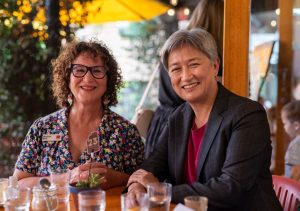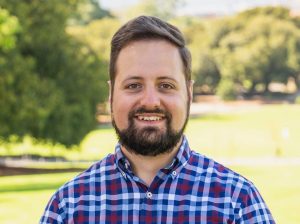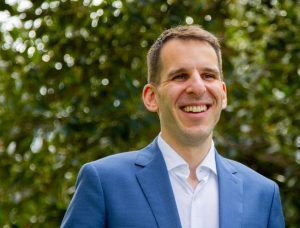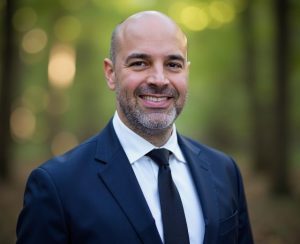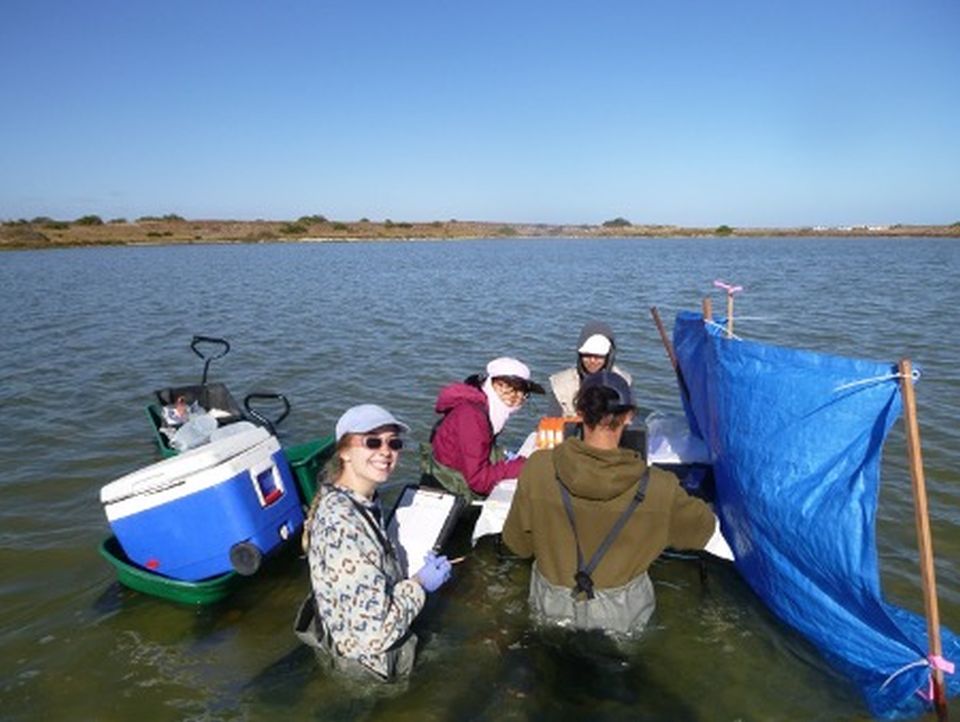
Environmental scientists are taking a novel approach to help potential restoration of sediment and water quality in some of the most degraded sections of a South Australian wetland ecosystem – from the ground up.
A new article in Science of The Total Environment led by Flinders University describes how transferring poor sediments to more healthy nearby areas of the Ramsar-listed Coorong shallow lagoon, and returning macrobenthic organisms such as worms, can help reboot important sediment nutrient cycling through a process called ‘bioturbation’ to aid food web remediation.
“We know healthy benthic faunal communities exert strong influence on nutrient cycling in coastal marine sediments but many benthic macroinvertebrates are highly susceptible to high salinity and low oxygen in water,” says lead author Dr Orlando Lam-Gordillo, a research associate with the Coastal Ecosystem Ecology Lab research group in Flinders University’s College of Science and Engineering.
“We found that this macrobenthic organism relocation helped improve sediment conditions by increasing oxygenation and reducing salinity and sulfide and ammonium concentrations in these ‘hostile’ sediments.”
The project, part of the South Australian Department for Environment and Water’s broader ‘Healthy Coorong, Healthy Basin’ program is being managed by the Goyder Institute for Water Research, involving expert collaborators from Flinders University, the University of Adelaide, UniSA, CSIRO and Griffith University.
Goyder Director Dr Kane Aldridge says: “The Coorong is a wetland of huge local, national and international value which has seen a decline in environmental condition over a number of decades, particularly in the Coorong’s South Lagoon.
“This important collaborative work undertaken through the Healthy Coorong, Healthy Basin program has shown that improving sediment conditions can be achieved in a relatively short timeframe if the conditions are right and key organisms are present,” Dr Aldridge says.
The article, ‘Restoration of benthic macrofauna promotes biogeochemical remediation of hostile sediments: An in-situ transplantation experiment in a eutrophic estuarine-hypersaline lagoon systemhttps://pubs.acs.org/doi/10.1021/acsenergylett.2c00063’ 2022 by Orlando Lam-Gordillo, Jianyin Huang, Andrea Barceló, Jordan Kent, Luke M Mosley, David T Welsh, Stuart L Simpson and Sabine Dittmann has been published in Science of the Total Environment DOI: 10.1016/j.scitotenv.2022.155201
Acknowledgements: The Goyder Institute for Water Research, of which Flinders University is a partner, is the delivery partner for research components of the South Australian Government’s Healthy Coorong, Healthy Basin Program, providing independent research to inform future management decisions for the region.
Image supplied by Flinders University: Members of the Flinders University Coastal Ecosystem Ecology Lab sampling sediment and macrofauna at The Coorong.

